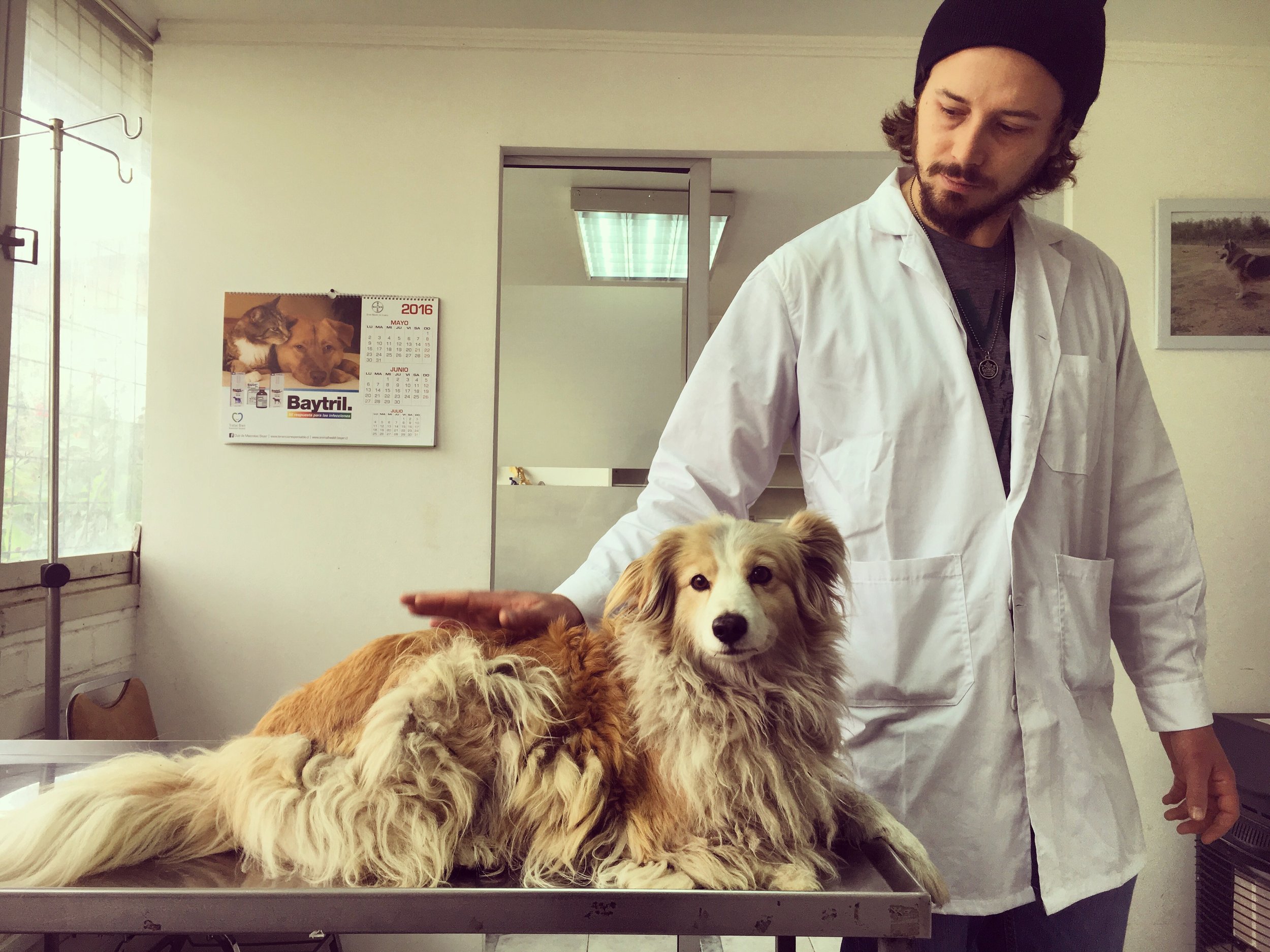
Tierro Del Fuego, Chile
Chile Program Background
Hydatid disease, or hydatidosis, is a neglected parasitic disease that causes cystic echinococcosis in humans infected with the tapeworm Echinococcus granulosus.
Over one million people worldwide are affected with echinococcosis at any one time, and approximately three billion US dollars are spent every year for treatments and livestock industry compensation.
In humans, the disease can be expensive and complicated to treat, sometimes requiring extensive surgery and/or prolonged drug therapy. Cystic echinococcosis is globally distributed, with highly endemic areas at the southern tip of South America.
Program Years: 2015-2016
Article: Increased prevalence of canine echinococcosis a decade after the discontinuation of a governmental deworming program in Tierra del Fuego, Southern Chile
This study highlights a resurgence of canine echinococcosis in Chile's Tierra del Fuego after the discontinuation of a successful government deworming program in 2004. Survey findings show that inadequate dog deworming, local fox populations, and ranch practices contribute to the increasing prevalence of this parasitic disease, posing a renewed public health risk.
Our Work
As part of a global health fellowship funded by the National Institute of Health’s Fogarty International Center, we focused on revealing infection prevalences of E. granulosus in hosts of the parasite (dogs, foxes) and the impacts of hydatid disease on target populations (humans, sheep) on the island of Tierra del Fuego, Chile.
This investigation will shed light on an extremely relevant and complex health issue involving many key stakeholders, including advocates of human health, animal health, and the conservation of native species.
Tierra del Fuego Program Gallery









Make a donation to support IVO
Support IVO in providing essential veterinary care globally to animals in need. Every donation helps us build new programs and serve more communities.




